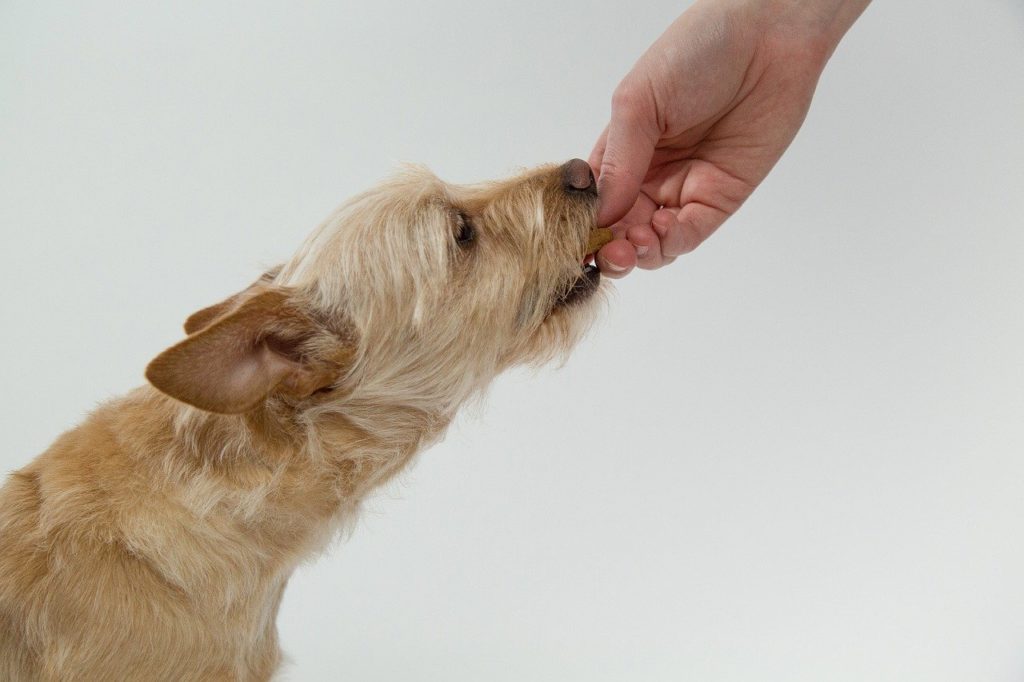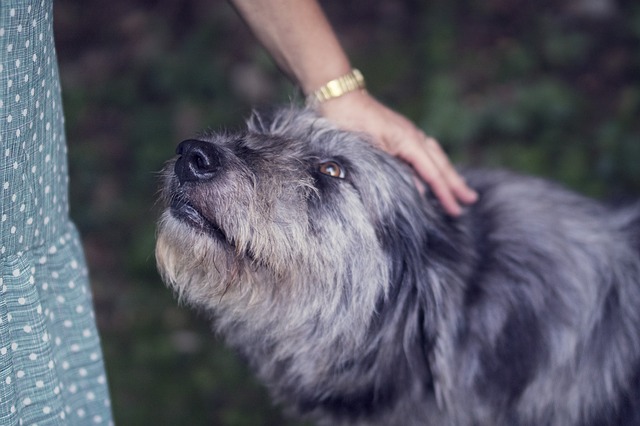Canine Caviar diets use limited ingredients so dogs can effectively absorb nutrients. Since we use fewer ingredients, we make sure that each one serves a vital role in the our food . That includes the carbohydrates we include in each formula. Carbohydrate sources are prevalent in the dog food industry so it’s an aspect you should pay attention to. Let’s take some time to go into each one of the carbohydrate sources we utilize.
The Purpose of a Carbohydrate in Dog Food

Carbohydrates in general help to serve two purposes. The first purpose is to provide a source of energy. Carbohydrates are broken into sugars that dogs can use as their daily source of energy. Canine Caviar takes it a step higher by using only complex carbohydrates. Complex carbohydrates take longer to break down. This is good because complex carbohydrates make a good source of long term energy that dogs can utilize throughout the day.
The second job of carbohydrates is to give texture and form. Form helps make food easier to eat and texture assists in palatability. Making our diets easy to eat and tasty is an important quality which we ensure in every batch we make.
Pearl Millet

We use pearl millet in our Free Spirit and Open Meadow formulas. The benefits of pearl millet exceed just providing long term energy. Pearl millet is a low allergen carbohydrate and highly digestible. It’s also high in essential minerals, especially phosphorus and iron.
Brown Rice

Brown rice is a better known but equally beneficial carbohydrate. We use it for our Special Needs formula. A great thing about brown rice is that it is full of natural fiber helping digestion. Brown rice is a carbohydrate high in vitamins D and B which support heart health.
Split Pea

Split pea is used for Canine Caviar’s Grain Free Puppy, Wild Ocean, and Leaping Spirit formulas. One benefit from this complex carbohydrate is vitamin C which aids in disrupting free radicals which harm cells. Split pea is also an excellent source of potassium, vitamin B, Vitamin K1, and Iron.
Chickpea

The last carbohydrate we use in our diets is chickpea. Chickpea is used in our Open Sky and Open Range Formula. Chickpea is good because it’s a non-allergenic, non-acid forming, and non-glutinous. It contains multiple antioxidants, monitors blood sugar levels, and reduces colon issues.
Addressing Fear of DCM and Pea Protein
In recent months, there has been a concern over Dilated Cardiomyopathy. Studies over the subject note a relation between DCM and Grain-Free diets containing peas and legumes as possible contributors. Because of this, you might be a bit worried to try our formulas that use split pea or chickpea. Let’s calm those fears.
The primary cause of concern is not whether a kibble contains peas and legumes but rather how they’re being used. The issue lies in the fact that noted formulas in the report didn’t contain enough protein from meat, which contains the amino acid Taurine. Instead pea proteins we’re used to supplement the lack of meat protein. It’s this use of pea protein as a substitute for meat that contributes to the rising cases of DCM.
Canine Caviar does things differently. In all our diets, the primary source of protein is always the meat. Protein from meat makes up 90-95% of all protein found in our bags. Some of our diets use pea ingredients but only as a carbohydrate source, never for protein supplementation.
Balance Between Meat and Carbohydrate Sources

The secret to good food is finding the perfect balance between meat and carbohydrates while not compromising when it comes to quality. Meat protein contains amino acids which are important in developing and maintaining a dog’s state of health. Carbohydrates provide a source of long term energy that they can use throughout the day. Together in balanced proportions, they help achieve alkalinity along with the rest of our ingredients.
Final Thoughts
Canine Caviar likes to focus on alkalinity, balance, and quality. We make food that is biologically appropriate and put’s your dog first. That means making sure that meat is the primary ingredient, Taurine and all. That also means choosing carbohydrate sources that benefit your dog and help in achieving alkalinity.
We understand if you have worries or concerns about a certain ingredient, it’s only natural to be wary. Canine Caviar is equally concerned about the health of dogs; that’s why we put a lot of thought into the food we make.
Check out the Canine Caviar Blog for more educational articles. See how Canine Caviar compares to Canidae or how it compares to Acana and Orijen.
